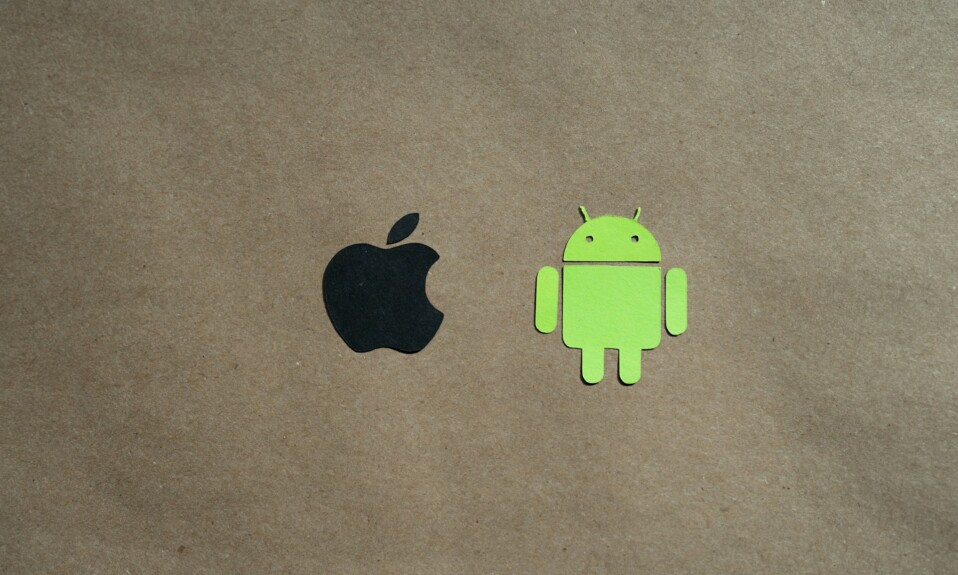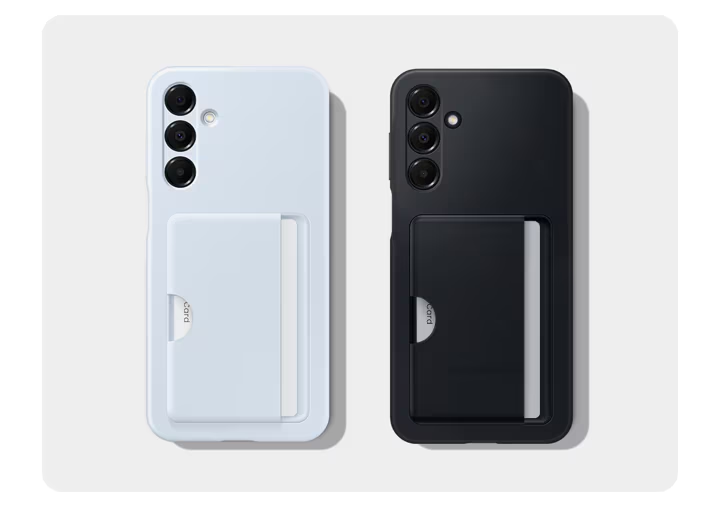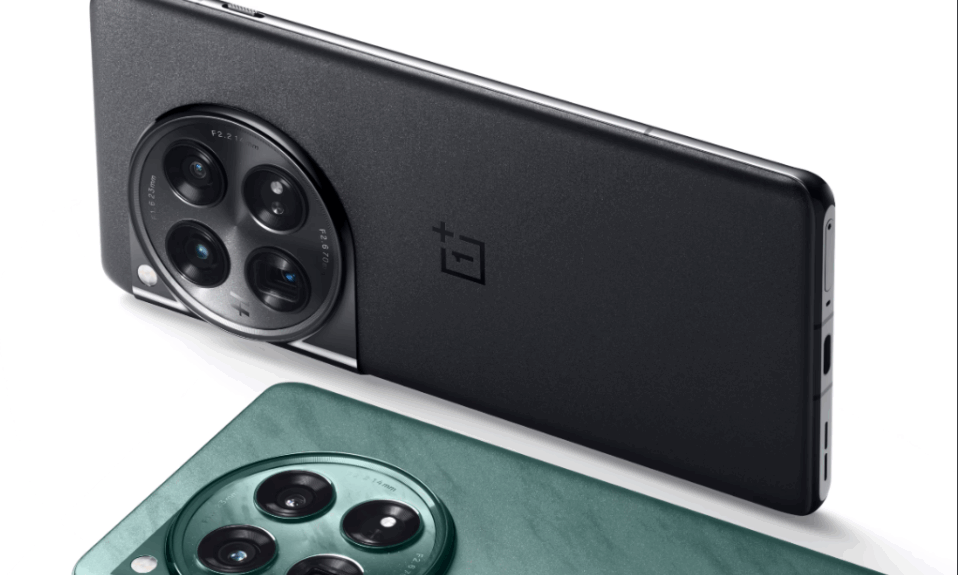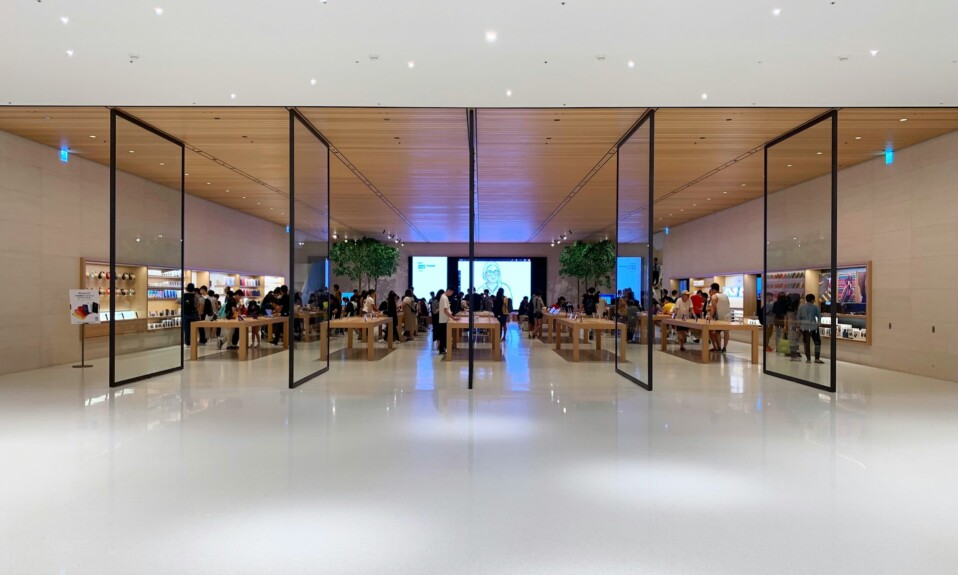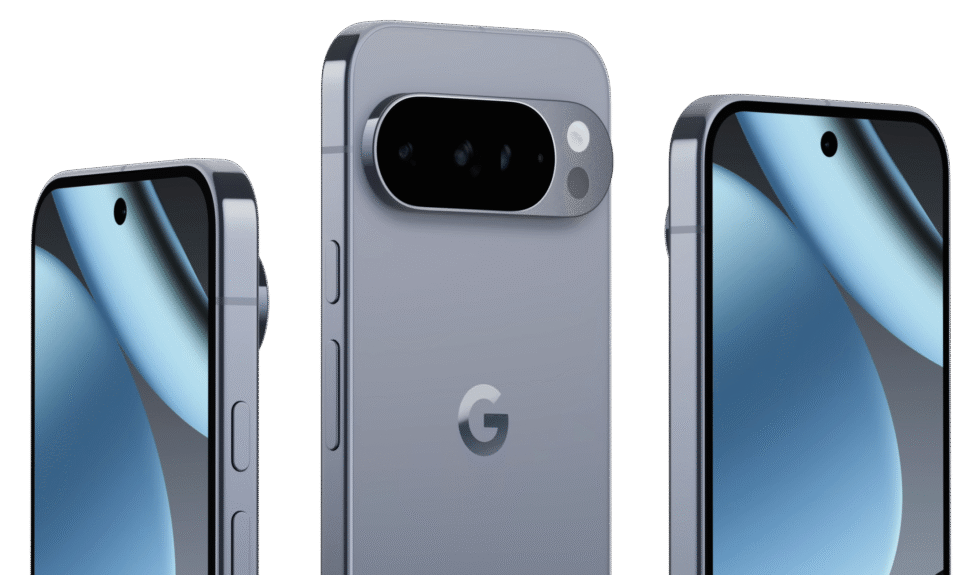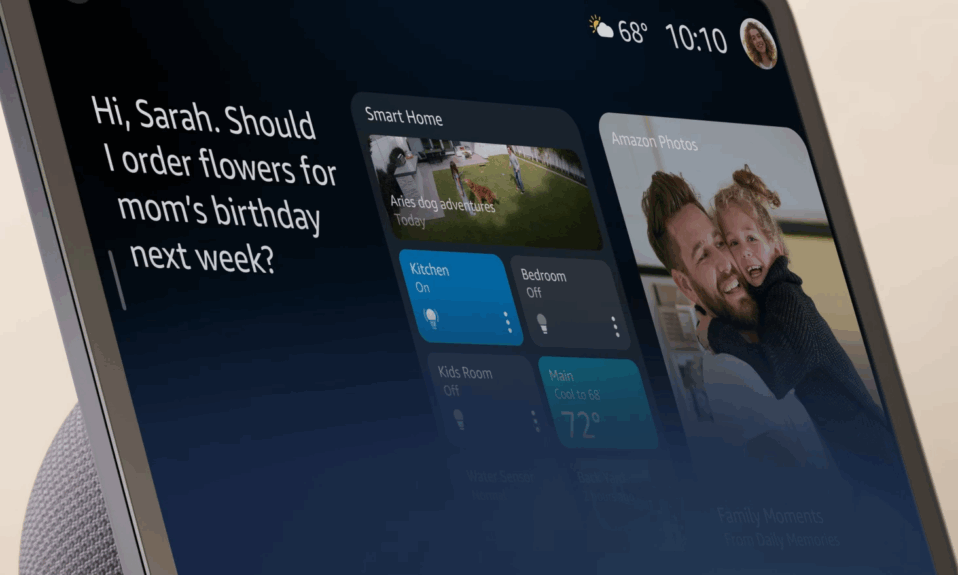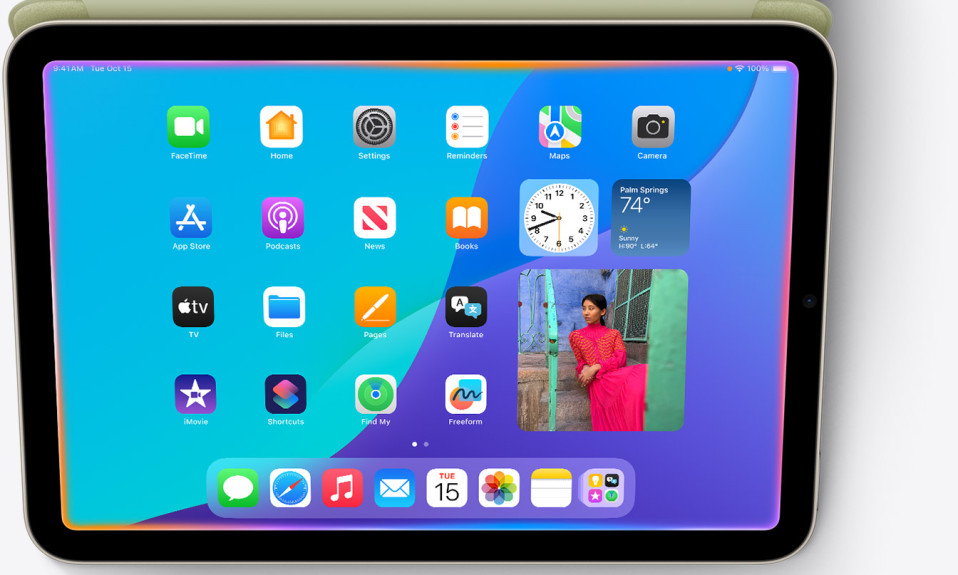Introduction
The low-cost flagship is now one of the most competitive segments of smartphones. Apple and Google compete to attract attention, with their recent budget models, the Google Pixel 9a and the Apple iPhone 16e. The two devices focus on expanding high-end functionalities at a low cost, albeit in dramatically different directions.
Google is much more heavily focused on AI, photography and software longevity, whereas Apple is much more focused on raw performance, modern design, and long-term value. To a buyer, the actual difficulty is to determine what priorities count.
Design
Both companies have made conspicuous design changes, but Apple’s update is more radical. The iPhone 16e loses the old-fashioned Touch ID and small display of the phone before it, with a modern Face ID and a significant screen. Not only would this make the device fit in with the current iPhones, but it would also appeal more to the mainstream consumer who wants a high-end appearance without necessarily having to pay high-end prices.
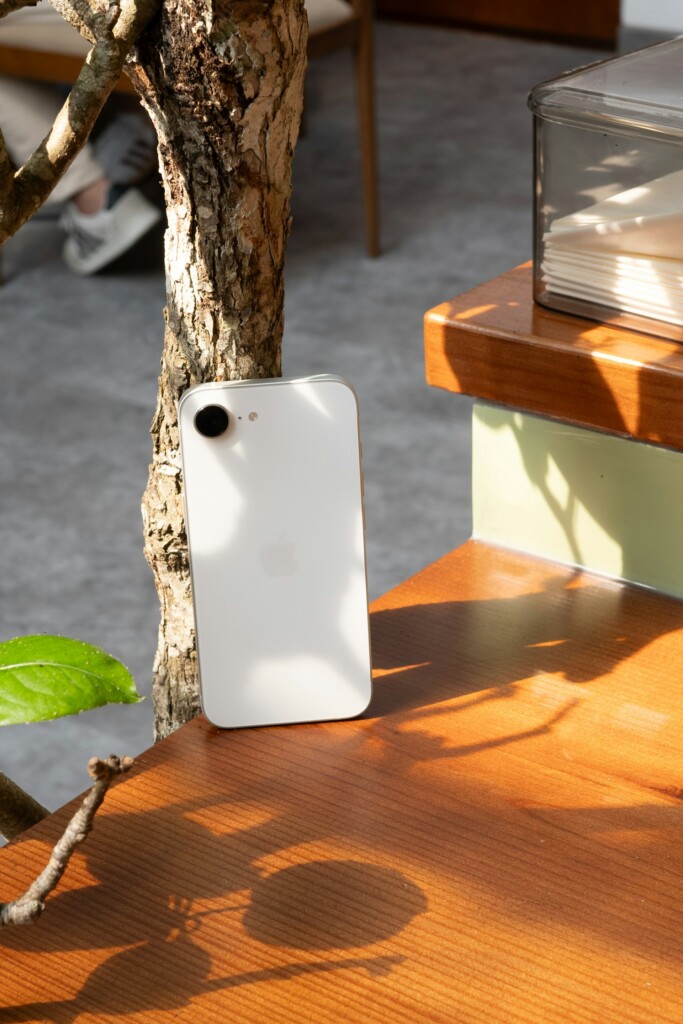
The Pixel 9a, on the other hand, has also undergone a redesign. It has left behind the iconic Pixel camera bar and retained the brand identity. The device is easy to carry around, valuable and appealing, yet changes in design are evolutionary rather than revolutionary.

Both are desirable, though the switch to Apple is heavier since it revitalizes an ageing product line that could instantly bring the iPhone 16e to the forefront of the low-end flagship segment.
Performance
Apple leads in pure processing power. The iPhone 16e runs on the A18 chip with a six-core CPU, a four-core graphics core, and a 16-core Neural Engine that performs AI functions. That makes it a giant capable of running intensive applications, emulators, and complex mobile games without slowing down.
Comparatively, the Pixel 9a by Google uses the Tensor G4, which is a step up from the G3 but still inferior to Qualcomm and Apple in terms of pure capabilities. The Tensor series is intended to support social media, light gaming, and camera addons instead of heavy processing. Even though it has no critical problems with daily use, it overheats and experiences bottlenecks in delivering its performance with resource-consuming applications.
The iPhone 16e provides a superior hardware experience to users who seek a faster experience, multitasking power, and the ability to game. Still, even the Pixel 9a offers sufficient power for most daily users who do not demand the most out of their phones.
AI Features
Google has bet its reputation on AI, and Pixel 9a demonstrates the point. It has built-in Gemini AI, advanced photography, text-generation, productivity, and automation features. Features like Magic Eraser, Night Sight Astrophotography, and AI-based editing functionalities show how Google focuses on making life easier with more intelligent applications.
Apple has a response, Apple Intelligence, but it has had a rocky implementation. Most of its strongest features have been postponed, and the ones present during release are not as deep as Gemini’s. Apple solutions are now not usable and complete, though they are sophisticated.
To those users who consider AI a part of their lives, the Pixel 9a is the winner. It is worth mentioning, though, that much of the AI functionality is now available in apps on iOS and Android. This implies that the tangible benefit of the increased integration of Pixel hinges on the degree to which you depend on AI to accomplish tasks.
Value Over Time
The experience will likely vary as both phones are promising in the long term. Google has dedicated seven years of OS updates to the Pixel 9a, which is impressive for an Android device. This will guarantee users of additional features and security upgrades far into the following decade.
Apple has no specific support timelines, but history tells us that the iPhone 16e will have a minimum lifespan on updates of five to six years and may extend to longer periods. More importantly, the A18 chip is much more robust than the Tensor G4 used by Google, and it is more ready to work with the new operating systems and applications.
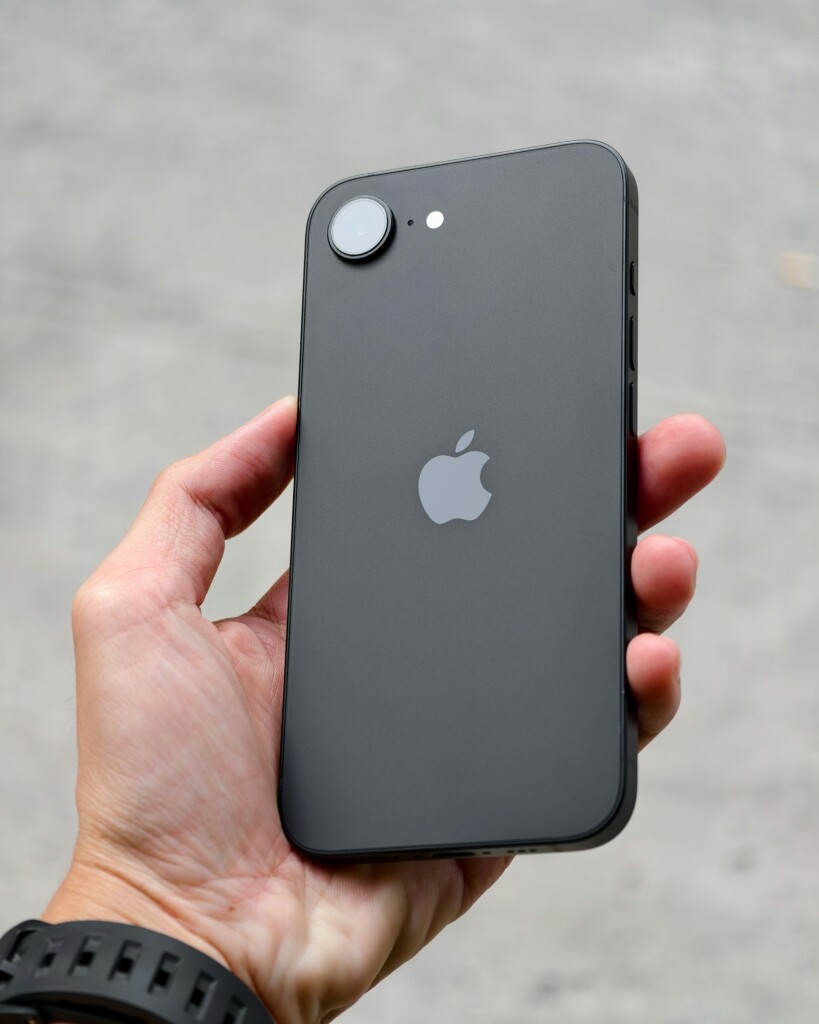
The other is resale value. Apple products always demand higher resale prices than Google phones. Even though both phones may be offered with similar support windows, the iPhone 16e will be more likely to be utilized and have a higher cost in the second-hand market.
Camera
One of Google’s most selling points is its cameras, and the Pixel 9a is no exception to this rule. Its primary camera is 48MP, and 13MP ultrawide, with new features, such as Macro Focus and Night Sight Astrophotography, and AI-enhanced editing capabilities. This has made it one of the best camera setups within its price bracket.
Instead, the iPhone 16e remains attached to one rear camera. Apple’s processing is very good at producing photos, but it would not match the flexibility and better technology of the Pixel 9a. Google is ultimately more powerful among users who focus more on mobile photography.
The daily usability is also somewhat different. Both are easy to use and intuitive. However, Pixel 9a leans more toward artificial convenience, and the iPhone 16e is more concerned with the seamless operation and perfection of integration into the Apple ecosystem.
Conclusion
The decision between the Google Pixel 9a and the Apple iPhone 16e is a matter of priorities. The Pixel 9a is superior in terms of photography, AI functionality, and low prices, which influences the choice of the product under the conditions when the user is sensitive to intelligence features and the most essential camera. At the same time, the iPhone 16e has proudly displayed its strong A18-processor, updated design, and more long-term value.
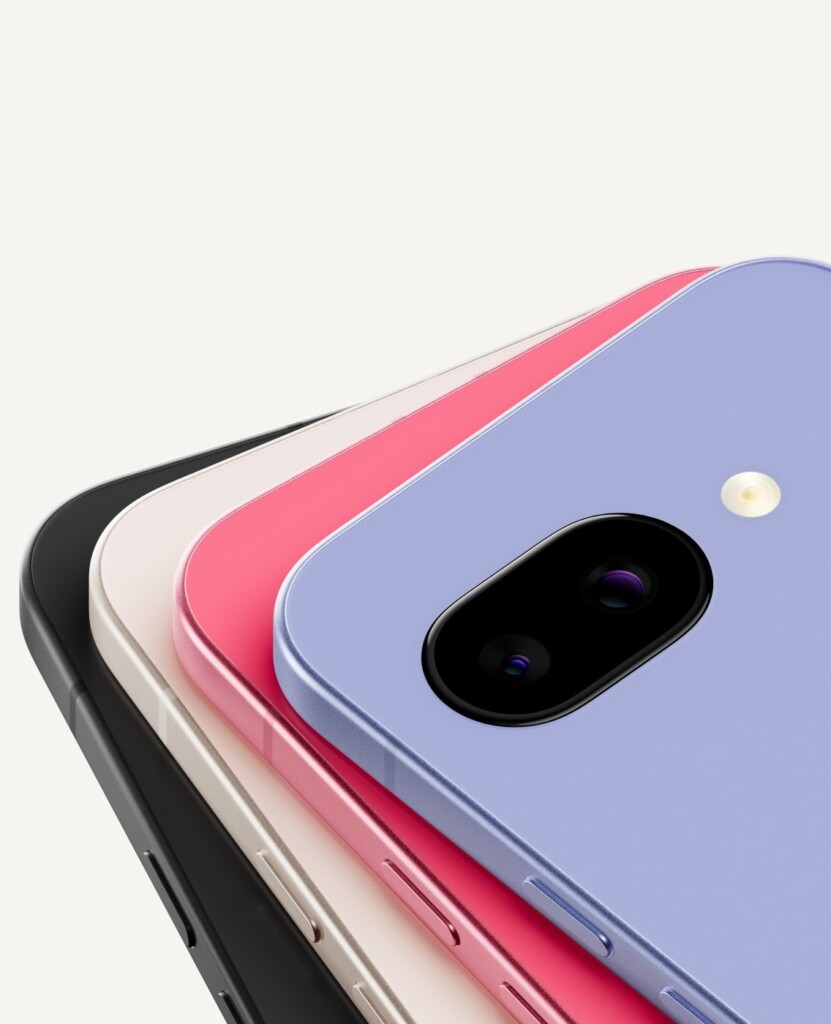
When you have AI, photography, and budget in mind, the Pixel 9a is your obvious choice. The more brilliant option would be the iPhone 16e, which requires more power, better futureproofing, and a better residual value.
The two phones show that budget flagships do not imply compromise anymore. They are, in fact, alternative philosophies: Google wagers on smarts, and Apple wagers on power. The superior decision will be based on which values are more important to you.


